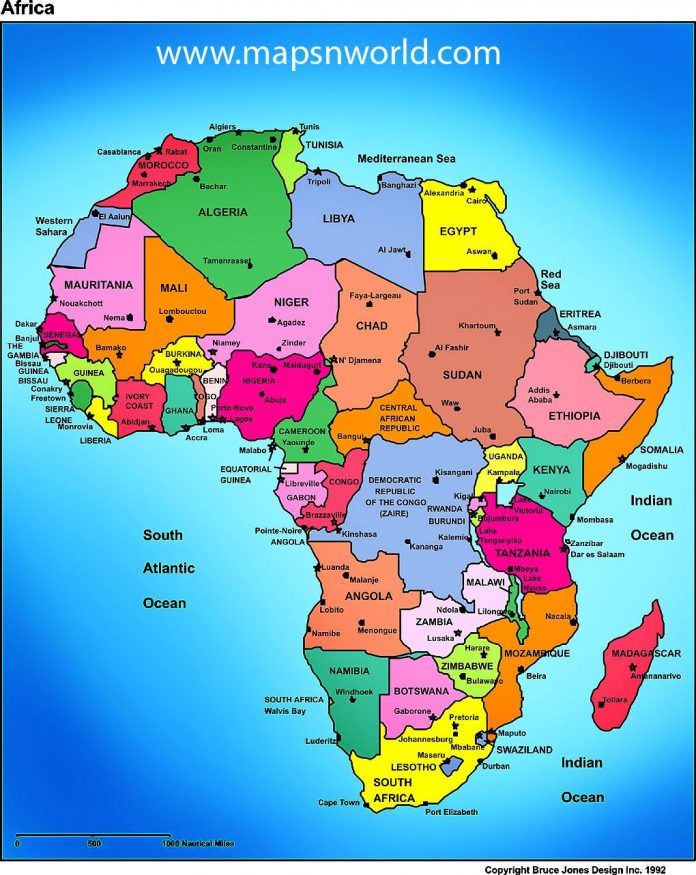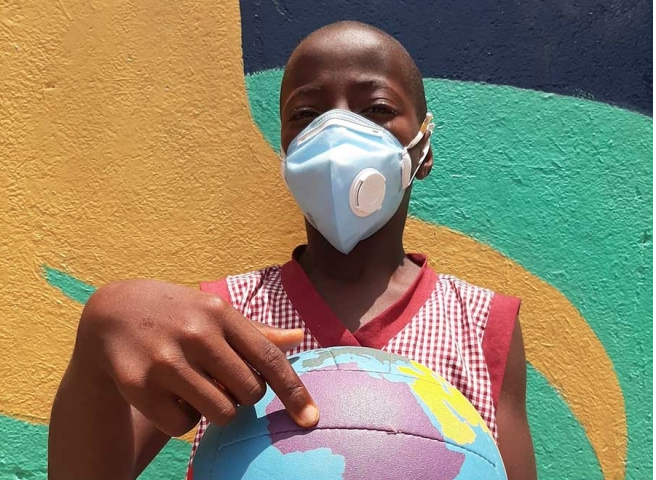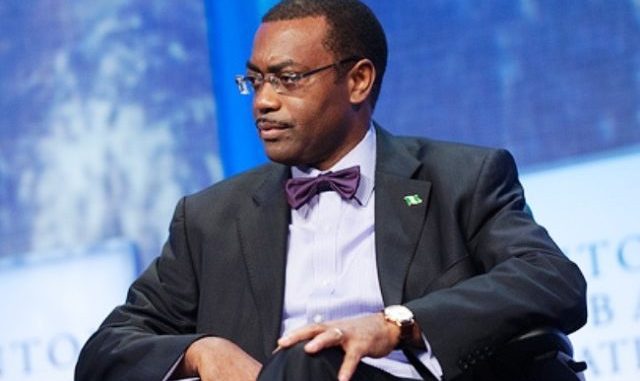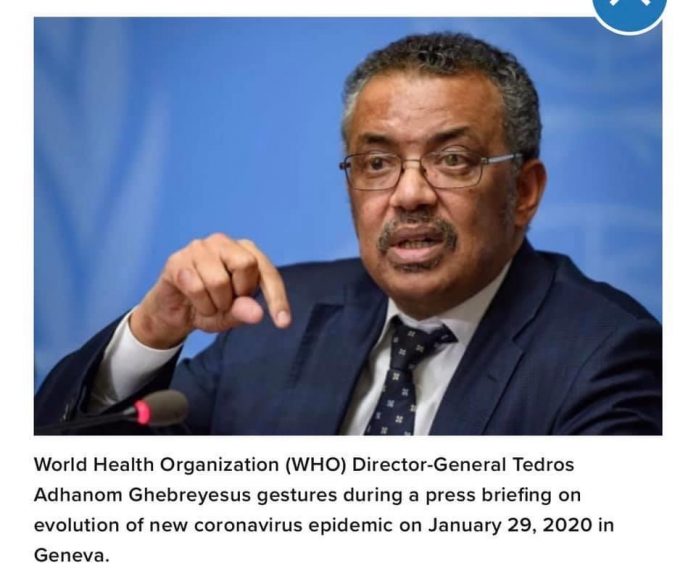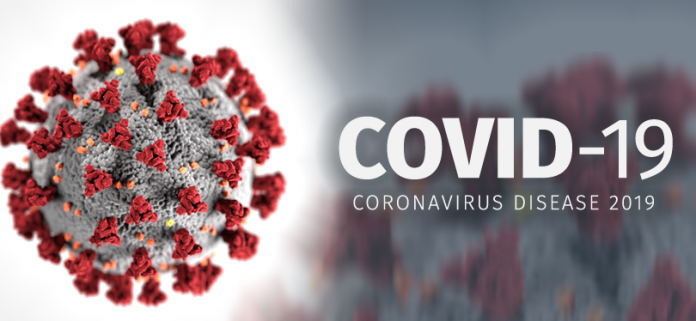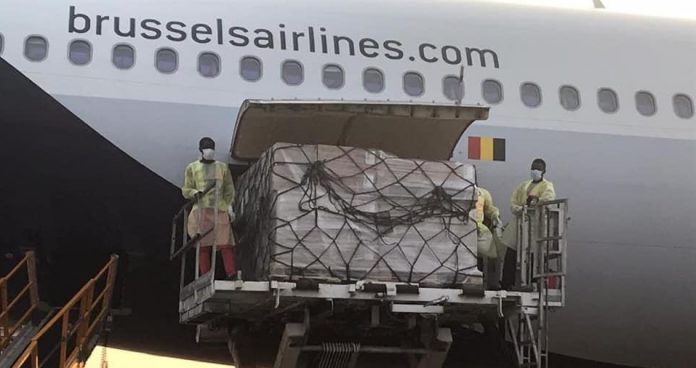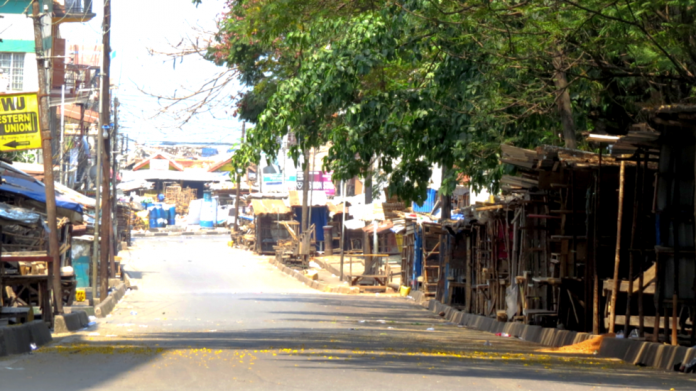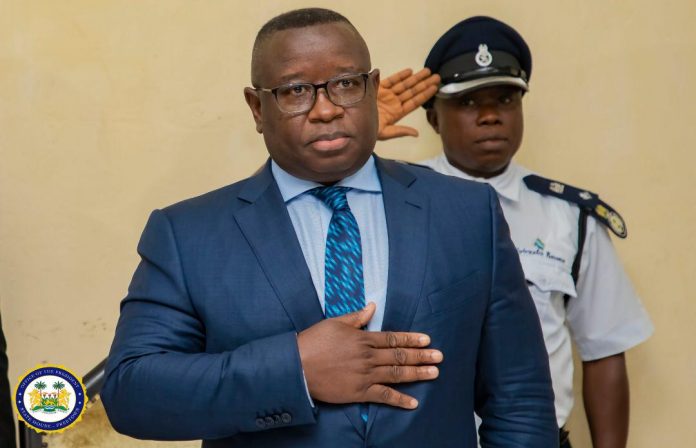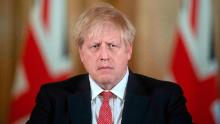By: Dr Abdul Jalloh/ Specialist Psychiatrist
The mental health aspect of pandemic outbreaks often goes unrecognized. It largely determines the overall direction of the outcome in terms of morbidity and some cases, mortality. Since we currently have an infectious disease outbreak, such as Covid-19, everyone reacts differently to its attendant stressful situations.
Information overload and in most cases, misinformation during an outbreak through the media and other communication channels result in people feeding on uncertainty, doubts and half-truths. This may manifest in the form of mass panic, especially as measures are being put in place to limit and control the spread of the disease.
Presently, Sierra Leone has confirmed Covid-19 cases. Social distancing, quarantine, isolation and lockdown are measures being prescribed by the Government to limit the potential of the spread of this highly contagious disease into communities.
These public health measures may result in undue anxiety, worry and apprehensiveness. Sierra Leone with her experience of the Ebola Virus Disease in 2014, the announcement of an index Covid-19 case on the 31st March 2020 provoked reactions of unease and in some cases terror in the populace.
The covid-19 outbreak may affect our mental health in several ways. These include:
- Fear of the effect of the virus on the health status of the people, especially those with chronic and longstanding illnesses or in people with pre-existing mental conditions.
- Intense distress over the health outcomes of loved ones or others whom they may have exposed to the virus.
- The resentment that people may feel if they need to go into quarantine as a result of contact with an infected person.
- The morbid experience while monitoring oneself or being monitored by others for signs and symptoms of the disease.
- Time off from work and the potential loss of income and job security due to travel and work restrictions and a downturn in businesses.
- The challenges of securing things one may need, such as groceries and personal care items without contamination.
- Concern about being able to care for one’s children or others in one’s care adequately during lockdown/curfews.
- Uncertainty or frustration about the duration of this pandemic and about the future.
- Loneliness associated with isolation from the world and loved ones during hospitalization.
- Anger at the suspected source of exposure to the disease believed to be due to others’ negligence.
- Boredom and frustration for not being able to work or engage in regular day-to-day activities.
- A desire to use alcohol or drugs as coping mechanisms.
The following are warning signs that an individual’s mental health is getting affected during this crisis period:
- Sleeping too little or too much.
- Inner restlessness or inability to relax.
- Sustained sad mood.
- Feelings of hopelessness.
- Irritability.
- Lack of energy.
- Panic reactions.
- Poor memory resulting from poor attention and concentration.
- Thinking of death or dying most of the time
- Excessive use of alcohol and other psychoactive substances.
- Changes in appetite, e.g. loss of or increased appetite.
- Hearing strange voices/seeing people who are not present.
- During social distancing, quarantine, or isolation, one may experience mixed emotions, including a sense of relief, sadness or anger if one tested positive for the virus during confinement. Some people may harbour guilt feelings following fears that friends and loved ones may have contracted the disease from contact with them.
Furthermore, frontline workers (doctors, nurses, ambulance drivers, case identifiers, and others) may experience additional stresses during the Covid-19 outbreak. These include:
- Stigmatization.
- Physical isolation for the sick.
- Constant awareness and hypervigilance.
- Rigorous and obsessive rehearsals of procedures for prevention.
- Long work hours and shifts following increased patient turnouts.
- Efforts at keeping up to date with best practices as batteries of information on Covid-19 emerge.
- Reduced social support from the community following stigma on frontline workers.
- Insufficient personal and protective equipment.
- Insufficient information about long-term exposure to individuals infected with Covid-19.
- Fear that frontline workers will pass Covid-19 onto their friends and family as a result of their work.
Consequences to the larger population include:
- Deterioration of social networks including local economic activities.
- Stigmatization of recovering patients might result in rejection by communities.
- Possible anger and aggression against the Government and frontline workers.
- Mistrust of information provided by the Government and other authorities
RECOMMENDATIONS:
The following measures are recommended to improve your mental health and well-being:
- Rest well, provide a nutritious diet for self and family.
- Engage in regular exercise and usual hobbies within the limits of social distancing.
- Share positive stories of people who have recovered from the pandemic.
- Maintain Sleep hygiene- sleep for 7-8 hours per day. Go to bed and wake up at constant times.
- Comply with the rules of social distancing but stay connected with family and friends via social media and phone calls.
- Establish and maintain a daily routine with periods of work and rest.
- Avoid/minimize alcohol consumption and the use of drugs as coping mechanisms.
- Avoid/minimize watching, reading or listening to news that provoke fear and anxiety.
- Listen to the Ministry of Health and Sanitation announcements and other official updates at a chosen time of the day.
- Protect yourself and be supportive of others.
- Appreciate the role of healthcare workers during this pandemic.
- Call 117 to seek the services of a healthcare worker if you think you have symptoms of Covid-19.
- Elderly, pregnant women and those with chronic health conditions should seek professional advice early if they develop any Covid-19 symptoms.

